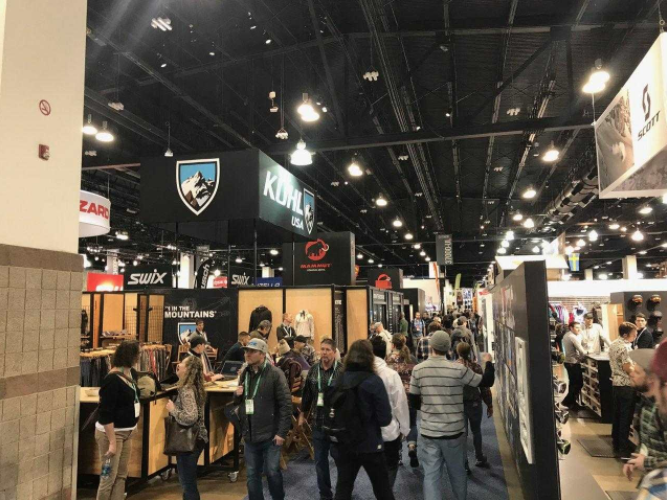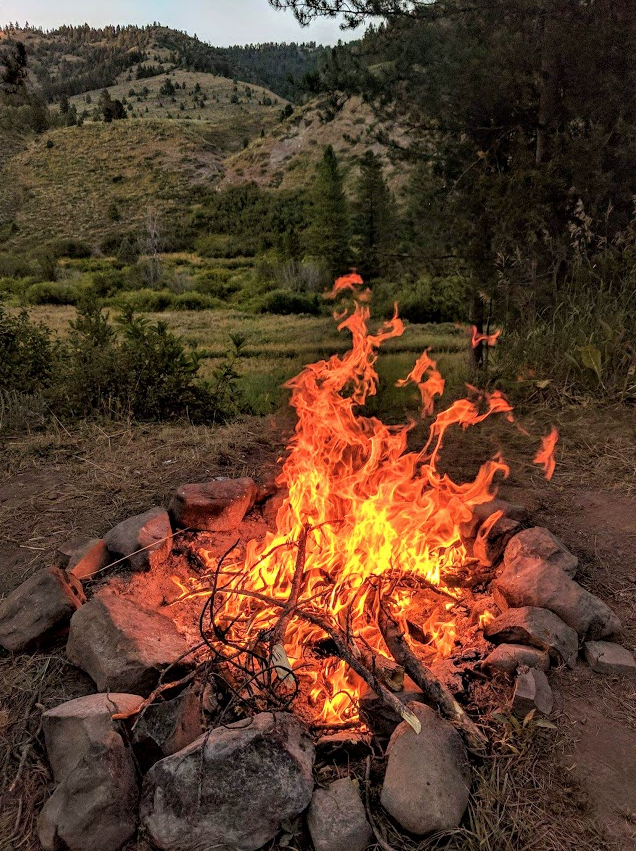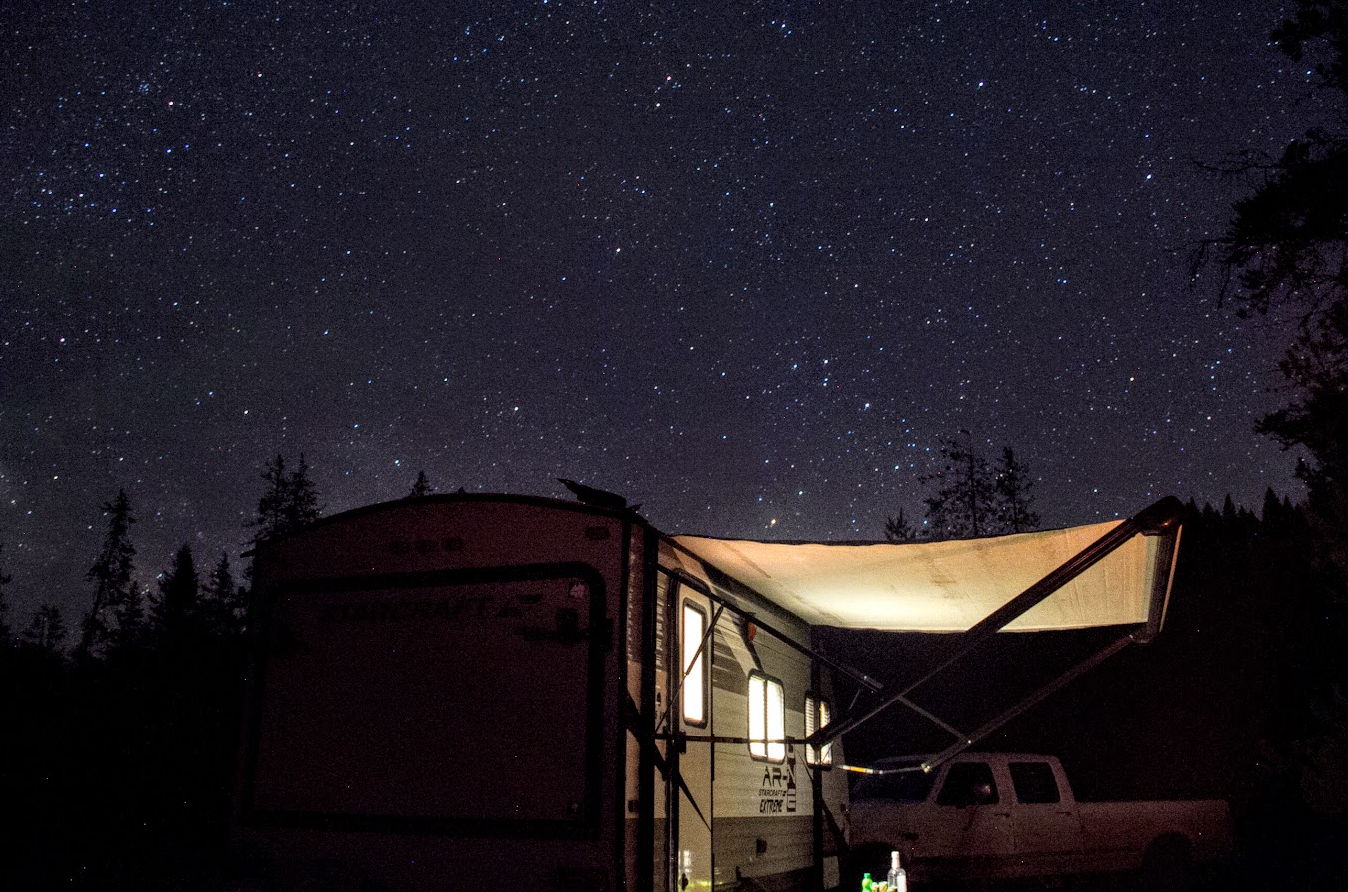By Chris Hunt
This week the Outdoor Retailer Show—the premiere outdoor industry event of the season, where manufacturers and retailers gather to check out new products—is happening in Denver. It’s the first time in decades the show isn’t going on in Salt Lake City, and there’s a reason for that.
 Over the last several years, Utah’s state government and its federal delegation have worked to privatize public lands in that state (and throughout the country, frankly). Public lands, of course, are the primary avenue for outdoor recreation in America. These lands belong to every single American, simply by right of birth. Shared ownership of these resources—from sea to shining sea—is what sets America apart and makes it the envy of every other country on the planet.
Over the last several years, Utah’s state government and its federal delegation have worked to privatize public lands in that state (and throughout the country, frankly). Public lands, of course, are the primary avenue for outdoor recreation in America. These lands belong to every single American, simply by right of birth. Shared ownership of these resources—from sea to shining sea—is what sets America apart and makes it the envy of every other country on the planet.
The government doesn’t own this land. The government is simply a property manager for you, the rightful owners of these lands. They are administered for you by the likes of the Bureau of Land Management, the U.S. Forest Service, the U.S. Fish and Wildlife Service and the National Park Service, among others.
When Utah’s efforts to seize your land for eventual transfer or sale reached a fever pitch last year, the Outdoor Industry Association (the entity behind the two Outdoor Retailer Shows—one in winter and one in summer) opted to move their giant expositions to a state where public lands are considered more valuable. It chose Colorado. It’s important to note that each show was worth about $40 million to the Salt Lake economy. That money is now circulating through downtown Denver.
It’s also important to note that outdoor recreation in America is worth $887 billion every single year. That’s more than oil, gas and mining combined. And that figure should be worth something to those in power who continue to beat the transfer and sale drum. The OIA wields a big stick, and it used that stick on Utah last year when it chose to move its annual shows out of state. How it uses that stick in the future is completely up to those who run the association.
But know this: the companies that make up OIA understand that their livelihoods depend on their customers’ access to places to play. If people don’t have places to put their new gear to the test, there’s really no reason to buy the gear, is there? And if you ask citizens in the West, they overwhelmingly support keeping their public lands under federal management, rather than transferring them to states for eventual sale or privatization. Public lands matter to us.
 I procured this equipment so I could enjoy the many places I own simply because I am an American. I rarely fish private water, and not because I’m opposed to people owning land independently. I just don’t have to. I have literally hundreds of choices of places to fish within 90 minutes of my front door, and the fishing is good.
I procured this equipment so I could enjoy the many places I own simply because I am an American. I rarely fish private water, and not because I’m opposed to people owning land independently. I just don’t have to. I have literally hundreds of choices of places to fish within 90 minutes of my front door, and the fishing is good.
Public lands make it possible for me to put my passion to use. We all pay for the management of our public lands through taxpayer dollars (although, I would argue, our land-management agencies have been starved of needed funding for decades).
We pay more to visit our national parks. If we fish or hunt, we buy licenses in our respective states to help support fish and wildlife management. When we buy fishing equipment that was imported into this country, we pay a 10-percent excise tax on that equipment, which also goes to fund our pastime. We invest, through taxes, the purchase of equipment, licenses and park passes in the places we love, and the places we own. And we don’t complain about it, because the value of the return on our investments is so very good.
As retailers and manufacturers gather in Denver this week, let’s hope they all continue the effort to protect our shared lands. Their businesses depend on it. Our passion for being outside does, too.
Chris Hunt is the national digital director for Trout Media. He lives and works in Idaho Falls.



